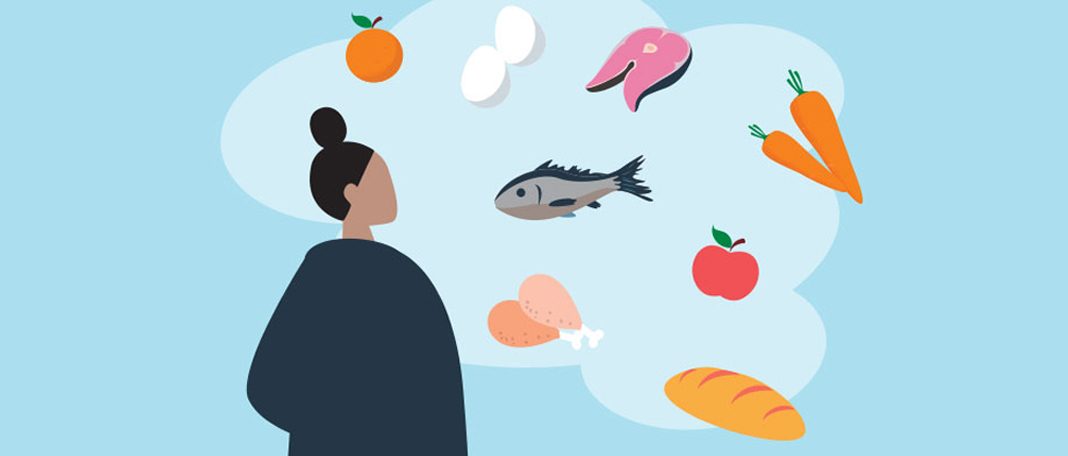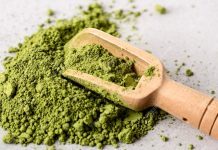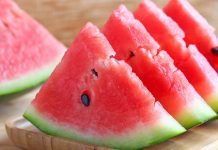As you age, you might need certains vitamins for a healthier lifestyle. Vitamins play a major role while aging. If you are unsure about what to include in your diet, here is the list of top vitamins that you must take. If you are suffering from some common aging problems such as back pain or other muscle pain, increase vitamin intake and it can help you out. Once you start taking these vitamins, you can notice improvements in your health.
Vitamin B12
These vitamins are necessary to make blood and nerve cells. It can be naturally found in meat, fish, and dairy products. Children and young adults tend to get vitamin B12 naturally from food. But as you age, your body slowly loses the capability to absorb vitamin B12 from food. Therefore, it is important to include more food that contains vitamin B12. Otherwise, you can also take vitamin B12 supplements but it is safe to discuss with your doctor before that. If you increase vitamin intake, it can help restore your health.
Vitamin D
Elderly people tend to have weaker bones, therefore increasing the Vitamin D intake can help strengthen bones. Another major benefit is it helps manage the oral health of elderly people. As you age, dental care is a must. Vitamin D can efficiently help with it. Vitamin D is also linked with your body’s ability to absorb calcium which would eventually lead to calcium deficiency. This would result in increased risk of gum diseases. It can also help improve the mental health in elderly people. Vitamin D deficiency may cause mental issues such as loneliness and lack of enjoyment. Include mushrooms, milk, and cod liver oil in your food. They are rich in Vitamin D. Sunshine is one of the natural sources of Vitamin D. Going for a morning walk daily can gradually increase your vitamin D levels.
Calcium
Calcium can be abundantly found in bones and teeth. Therefore, calcium deficiency might lead to falls, fractures, and other bone and oral problems in elderly. Including a cup of milk or yogurt everyday can increase calcium levels in elders. There are also calcium supplements available in the market but ask your doctor before using them. However, consuming calcium from food is much better than calcium supplements. For women over 51, it is recommended to have at least 1,200 mg of calcium per day. Other than dairy products, figs, broccoli, and oranges are some of the foods that are rich in calcium.
Vitamin C
In general, vitamin C is an important nutrient that helps strengthen the immune system and cardiovascular function. Vitamin C deficiency might increase the risk of heart diseases and frequent illnesses. A Weak immune system can lead to numerous health issues such as common cold and pneumonia. Elders might be easily attracted to viruses and catch fever quickly, in case of vitamin C deficiency. In seniors, it might be hard to absorb iron which might lead to anemia and other related problems. Increasing your vitamin C intake might allow your body to improve iron absorption.
Magnesium
As you age, your body might not be able to work and engage in activities properly. Magnesium intake in elderly is important as it can improve the overall health of your body. Magnesium plays a major role in proper cardiac function and it helps in the development of cardiac arrhythmia. Some of the magnesium rich foods include legumes, cereal products, greens, and nuts.
Folic Acid
In elderly people, folic acid can affect the mood and cognitive functions. It is important for the proper functioning of the nervous system. Recent studies have also suggested a link between folic acid and health issues such as ageing, depression, and dementia. In both children and adults, folic acid is needed in order to produce red blood cells and DNA. These can be found in green leafy vegetables such as spinach and peas. But if you consider taking folic acid, you must visit your doctor and check your vitamin B12 levels first.
You must increase vitamin intake as it is the first step towards a healthy living in elderly people.

















